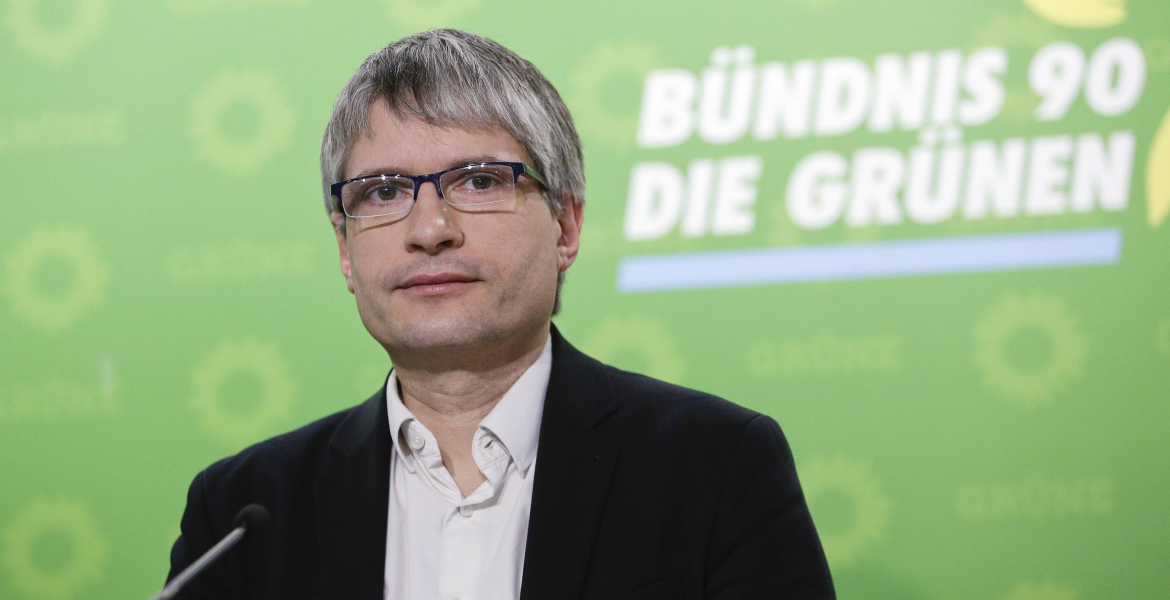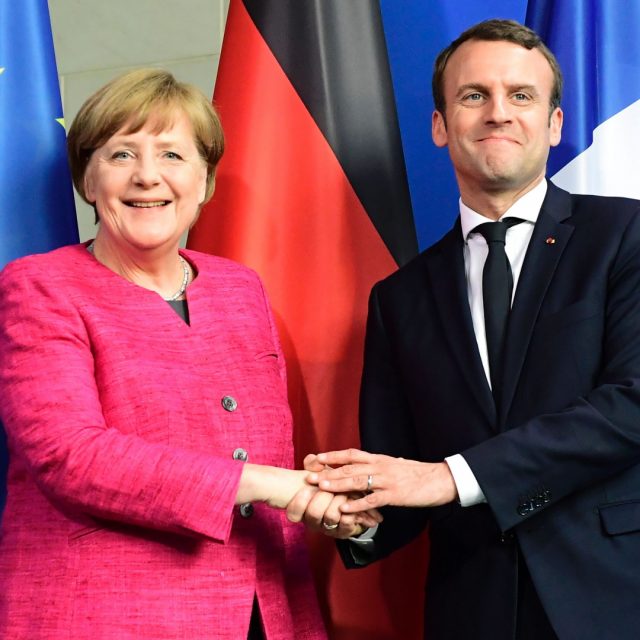Parliament’s Environment Committee has adopted strong emission targets for 2030 and enforceable right to climate protection
The news was greeted on Friday by German Greens MEP Sven Giegold.
He told this site: “Again and again, important things happen in Brussels that hardly anyone notices. While climate change is coming to a dramatic head, Europe is currently deciding on an EU climate law which, as the centerpiece of the European Green Deal, will set the course for climate protection until 2050. “
“Today, Friday, the Environment Committee of the European Parliament adopted its groundbreaking position on this law. Not only does the committee demand that Europe will be climate neutral by 2050, we are also raising the EU target for greenhouse gas emissions reductions by 2030 to -60% compared to 1990. “
“This is a significant increase on the existing -40% and a major success for resolute climate protection in Europe. We were able to achieve this strong result in the final vote with the support of the Greens, Social Democrats, Liberals and Left (46 votes in favour, 18 against, 17 abstentions). “
“The large majority of the conservatives abstained. Right-wing populists and right-wing radicals voted against the position of the Environment Committee.”
He said, “The decision of the Environment Committee must be confirmed by the plenary of the Parliament in early October before the final legislative negotiations between the European Parliament, the Council, and the EU Commission can begin. “
“Our green position is to reduce greenhouse gas emissions by 65% by 2030 – because this is compatible with the European greenhouse gas budget in line with the 1.5 degree target of the Paris Agreement. Unfortunately, we could not find a majority for this amendment, although there was support from social democrats and left MEPs (31 for, 45 against, 4 abstentions). “
“Nevertheless, today’s compromise – negotiated for us Greens by my colleague Michael Bloss and his team – is a big step in the fight against climate change. Strong and binding climate targets for Europe are the basis for sustainable investments by European industry in the future and thus the guarantee for long-term jobs and economic strength.”
“In addition to the greenhouse gas reduction targets, the position of the Environment Committee contains many other positive elements. The Committee calls for an end to all subsidies for fossil fuels by 2025 and wants to strengthen an enforceable right to climate protection in all Member States. The Environment Committee’s position gives the Commission the task of developing a greenhouse gas budget that indicates the total remaining amount of emissions that could be emitted by 2050 at the latest without jeopardizing the Paris Agreement. “
“Together with the recommendations of a new independent and scientific European climate council, this greenhouse gas budget shall be the basis for the targets for 2040. With these new approaches, the Environment Committee significantly improves the original legislative proposal of the Commission. “
The MEP adds,”Previously, the rather conservative Industry and Energy Committee had already called for an increase in the emissions reduction target for 2030 to at least -55%. In an extremely close vote, we were able to achieve this first success with a majority of only one vote. In the end, the conservative members of parliament, together with right-wing populists and right-wing radicals, voted against the Industry Committee’s decision – and thus even against the low target of -55%.”
“Nevertheless, these decisions give us courage for the upcoming vote in the plenary of the European Parliament in the first week of October. There, Michael Bloss and all of us will have to fight for this success once again. Today’s vote gives me hope that the Parliament will move forward with ambition. But it is now also up to the governments of the Member States, especially the German government as the Council Presidency, to adopt an equally ambitious text in the Council. No further time must be lost in this process. The European Climate Law must be adopted under the German Council Presidency. To do this, the Council needs a quick agreement. For in the end, Parliament and Council must reach an agreement – and Europe cannot afford a less ambitious climate law. “




